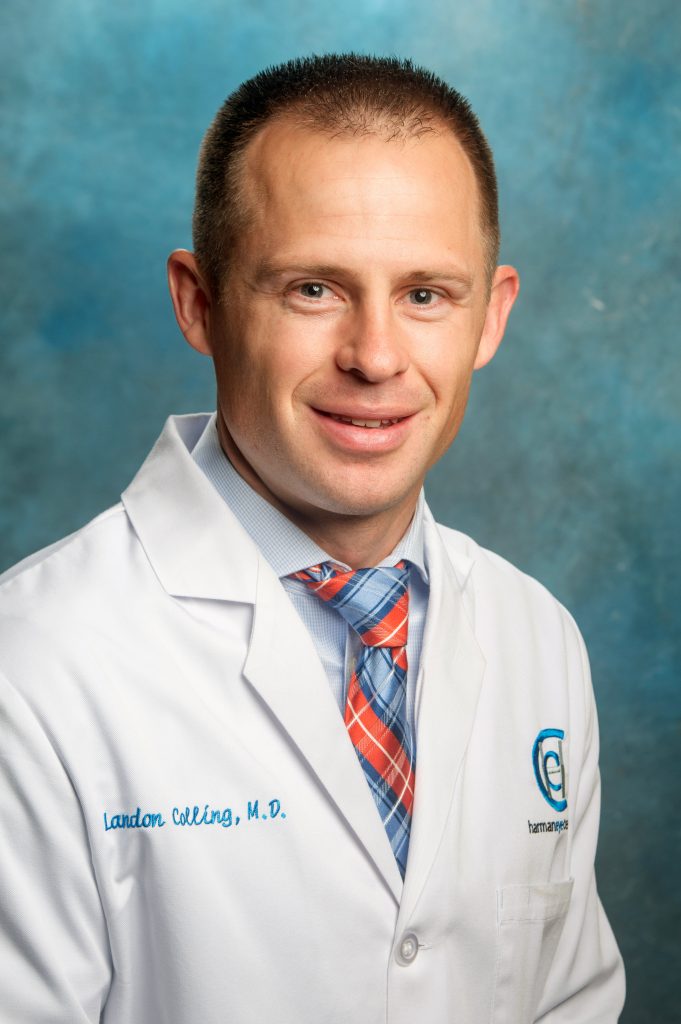Macular Degeneration
Macular degeneration, also known as Age-Related Macular Degeneration (AMD), is typically a natural result of the aging process. It often causes blurriness and reduces our ability to perform detailed tasks.
Fortunately, there are a number of therapies and medications that we can administer to manage and slow this type of vision loss and, in some cases, even improve sight. Quite often, low-vision aids are used by patients to magnify areas for easier reading and to complete other detailed tasks. While most patients suffer from Dry AMD, a few can develop leakage of blood vessels around the retina, known as Wet AMD, and that requires its own unique treatment.
For Wet AMD patients, we’ve found Lucentis or Avastin treatments work well. Working with you to determine which treatment is best for you, we’ll inject medication into the eye to stabilize or even improve your vision in some instances—so you can keep up with your daily activities.
Harman Eye Center is fortunate to have the expertise of ophthalmologists specializing in Medical Retina and Uveitis.
Dr. Landon J. Colling, M.D. is another one of our physicians that cares for our patients with retinal complications including diabetic retinopathy and macular degeneration. Dr. Colling’s background includes extensive research on keratoconus and the deterioration of the cornea.

